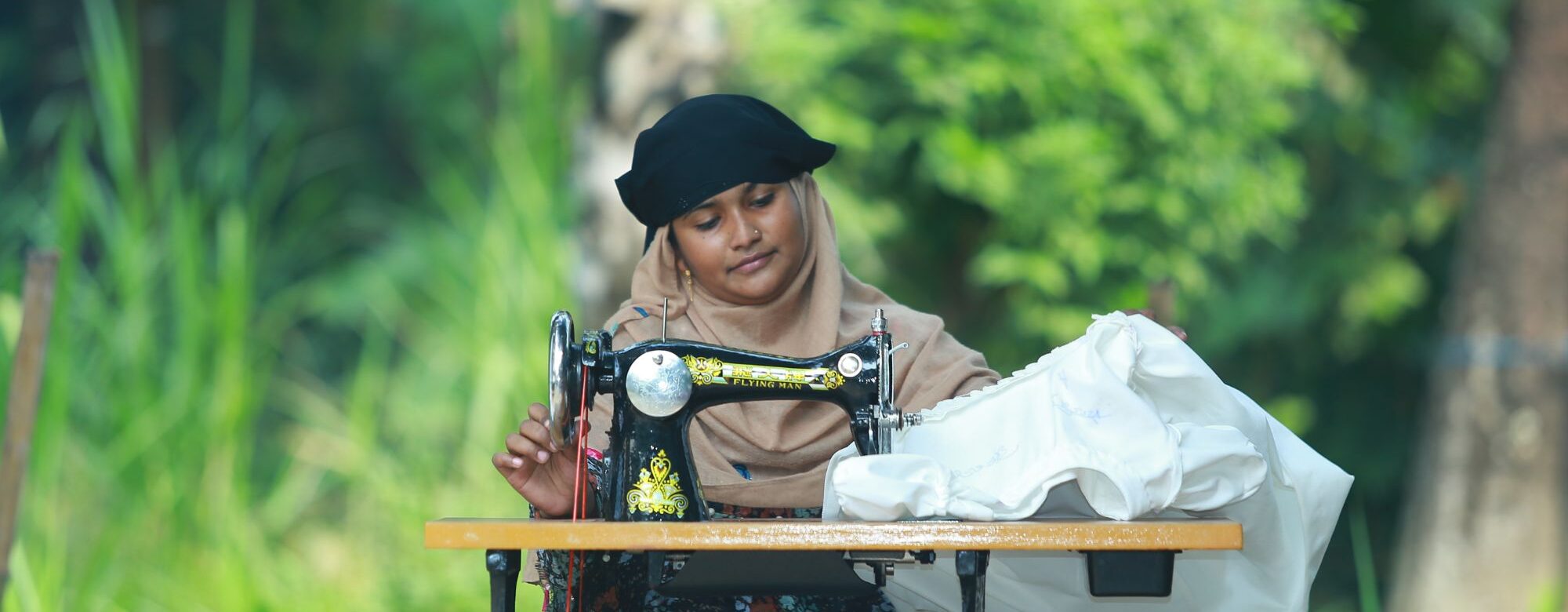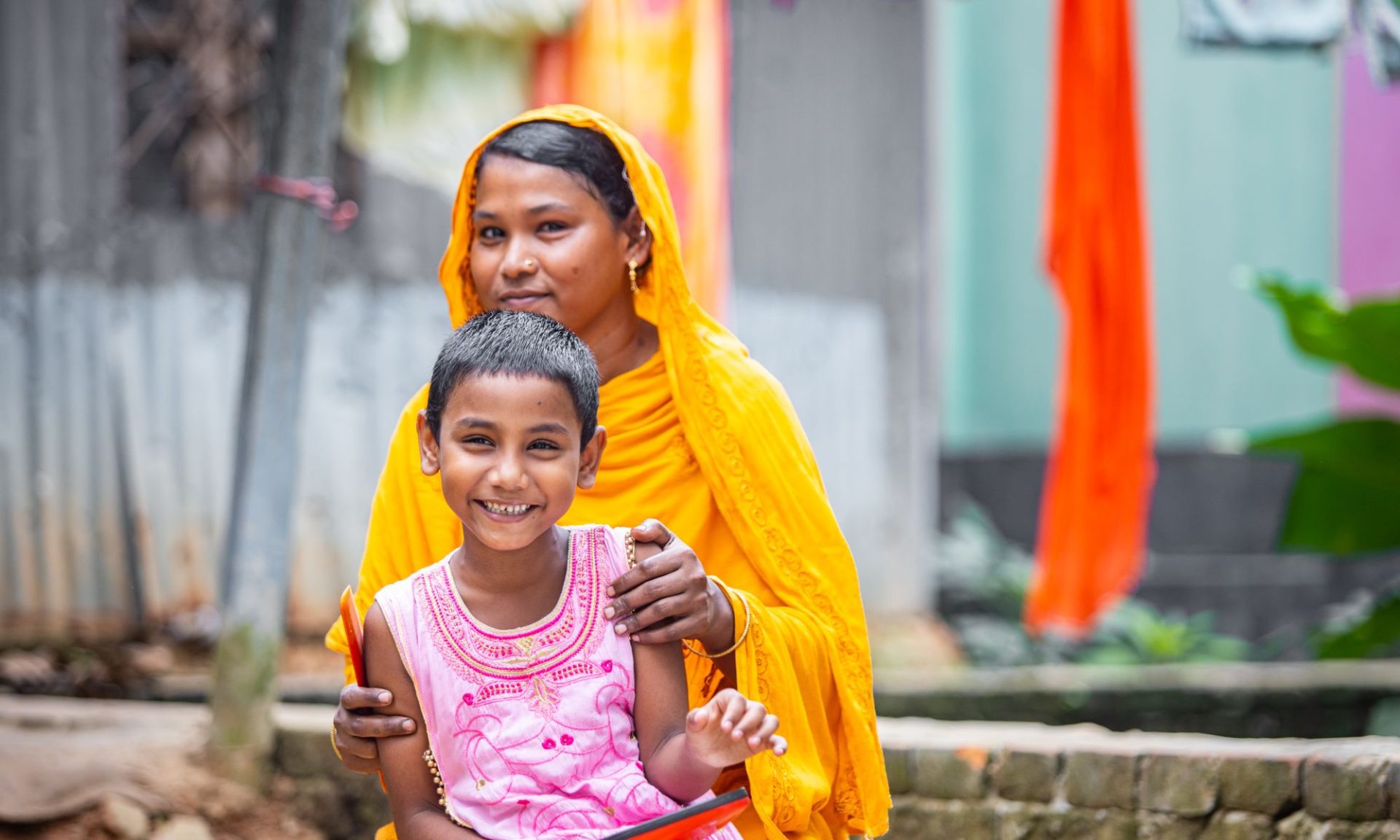Over the past 20 years, Bangladesh has made significant strides in improving the lives of women and girls. Maternal mortality rates have decreased, fertility rates are declining, and there is greater gender parity in school enrollment. Despite these advancements, 82 percent of married women still suffer from gender-based violence, and pervasive sexual violence prevents women from reaching their full potential. Child marriage remains a critical issue, with 59 percent of girls marrying before the age of 18, the highest rate in South Asia. Additionally, women’s participation in the workforce is largely confined to low-paying sectors.
Three million Bangladeshi women are employed in the lucrative ready-made garment sector, the country’s largest export industry. While more women are engaging in small and medium enterprises, significant financial barriers persist despite several government initiatives. SAWAB is committed to addressing these challenges across its programs.
Women’s participation in the workplace, leadership roles in political and social arenas, and access to credit are essential aspects of women’s empowerment. Empowering women is a reflection of gender equality, which is crucial for advancing the country toward middle-income status and achieving inclusive and sustainable development. Bangladesh’s experiences offer valuable lessons for the world.
Women and girls in Bangladesh are disproportionately affected by poverty and discrimination. Often, they are not allowed to make decisions about household income, or cultural traditions confine them to their homes, preventing them from contributing to their families’ and communities’ economic development. This untapped resource represents a significant loss.

SAWAB’s women empowerment and family development program aims to alleviate poverty among women and advocate for their rights. By empowering women, SAWAB helps them navigate their families and communities toward better lives. The program has led to important changes in the lives of women in our target areas. SAWAB has established a dressmaking training center in Dhaka and Cox’sbazar distributed sewing machines to disabled women, and organized three-month training sessions. Additionally, SAWAB has provided grocery goods, shop supplies, and cows to extremely poor women, enabling them to generate income for themselves and their families.
SAWAB’s initiatives include:
- Ensuring training for women’s development
- Empowering women against gender-based violence
- Advocating for women’s leadership in society
- Promoting food security and healthy communities
- Promoting women’s entrepreneurship

Appeal for Women Empowerment:
SAWAB is committed to empowering women and fostering family development in Bangladesh. Despite progress in education and health, women still face significant challenges, including gender-based violence and financial barriers. Our initiatives focus on providing vocational training, advocating for women’s rights, and supporting entrepreneurship. By equipping women with skills and resources, we enable them to contribute to their families and communities. Your support is vital in helping us continue this impactful work. Join us in empowering women, promoting gender equality, and driving sustainable development. Together, we can create a brighter future for all.

